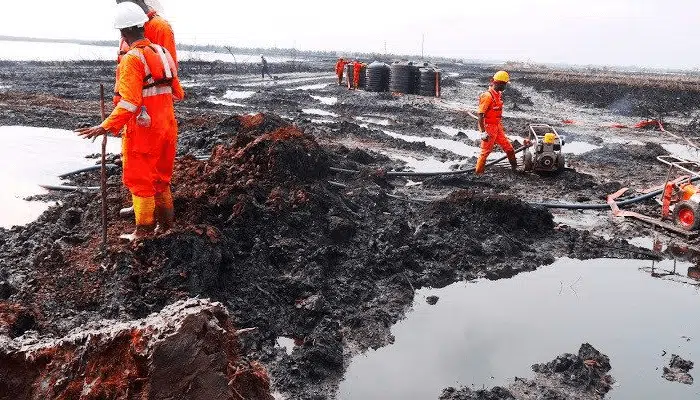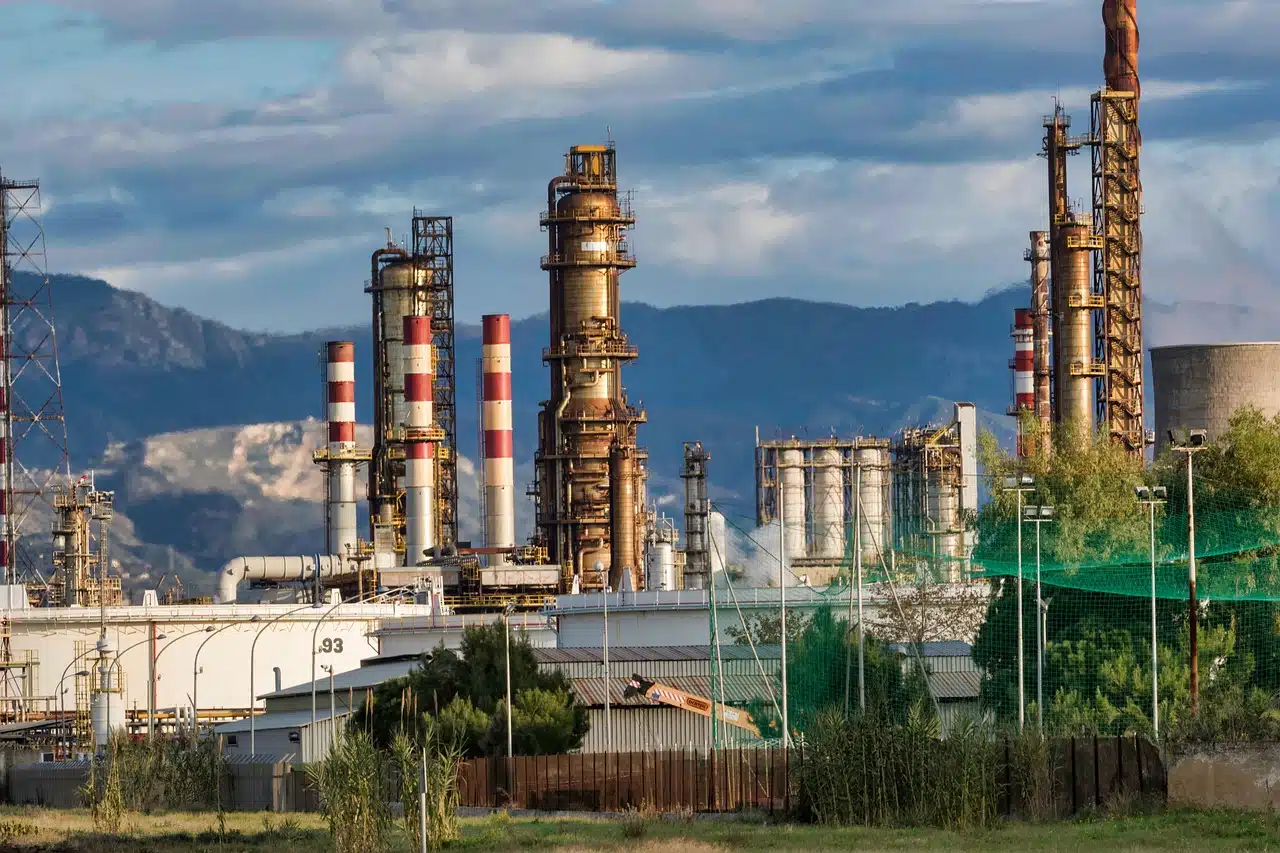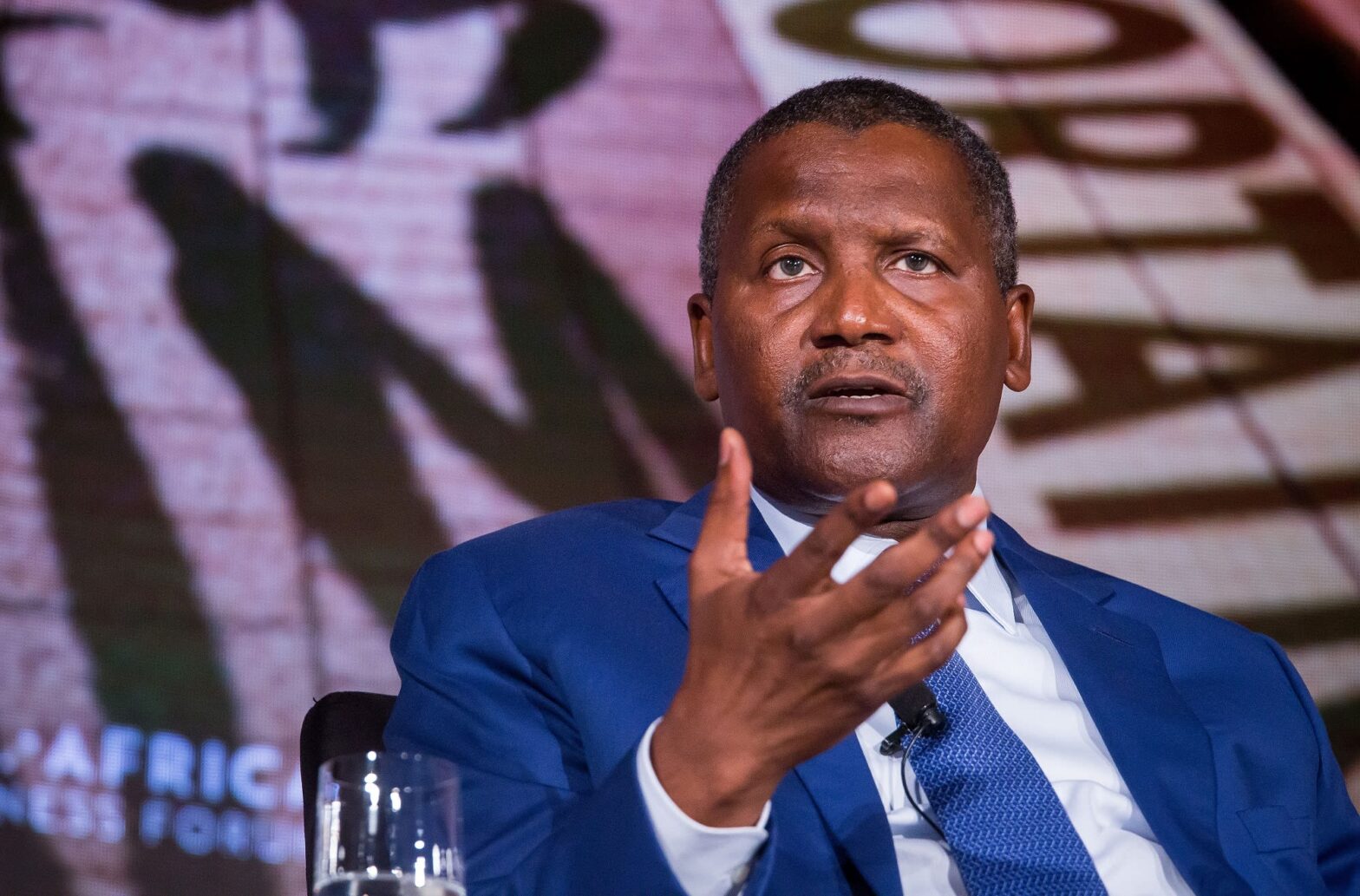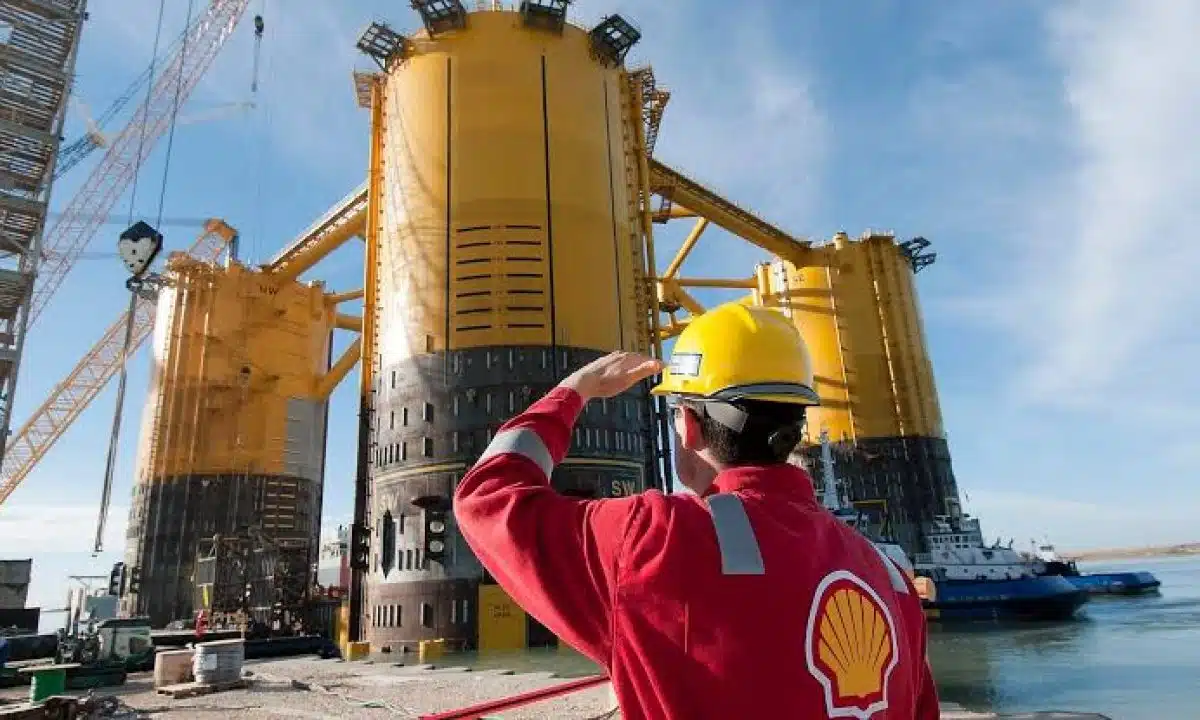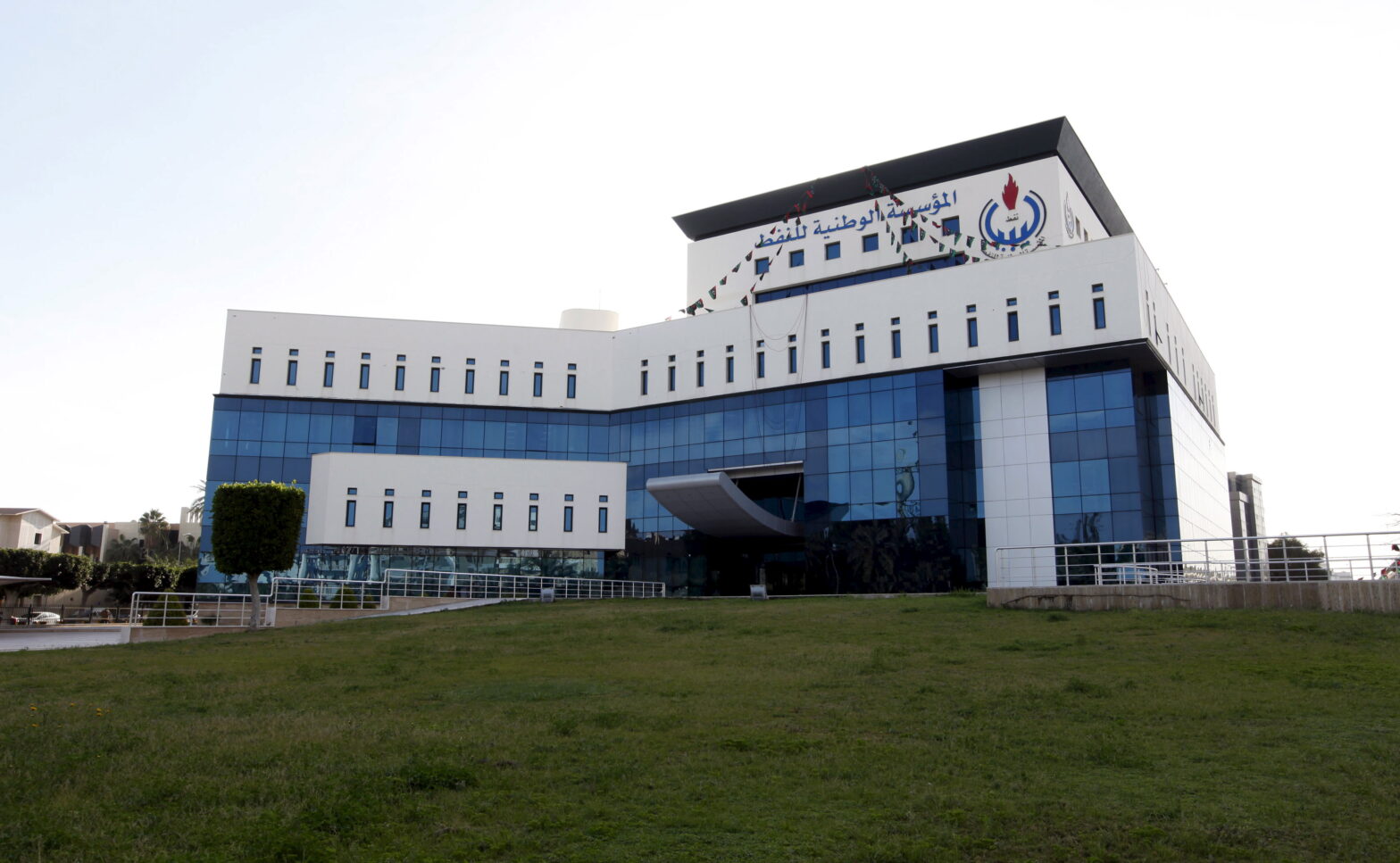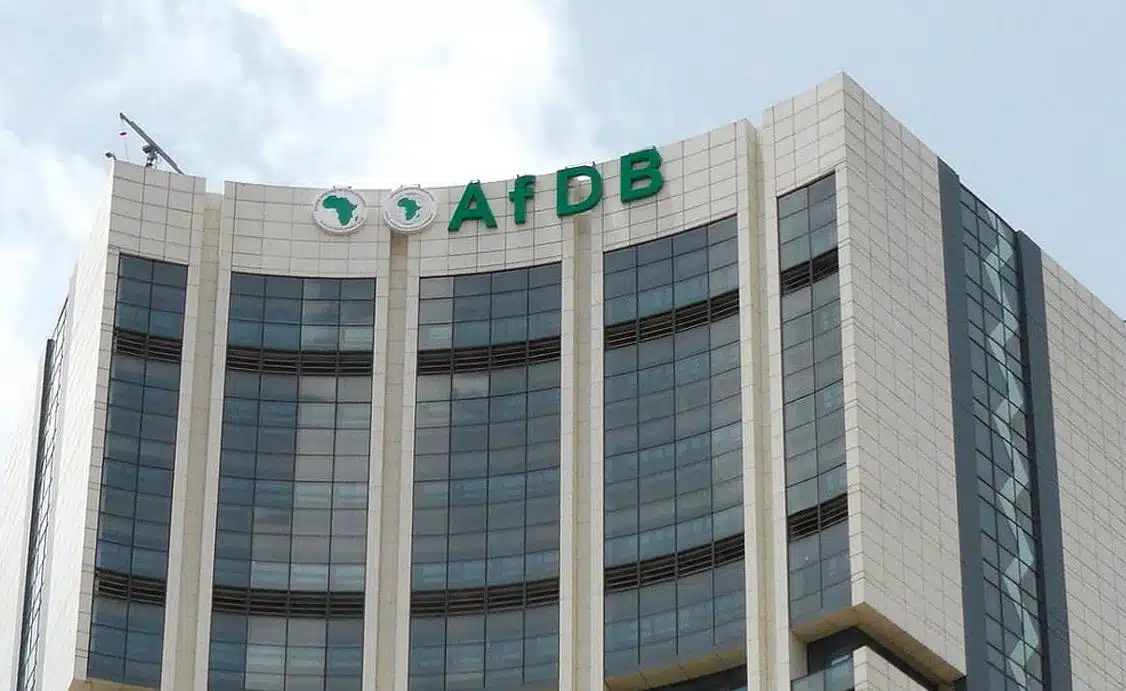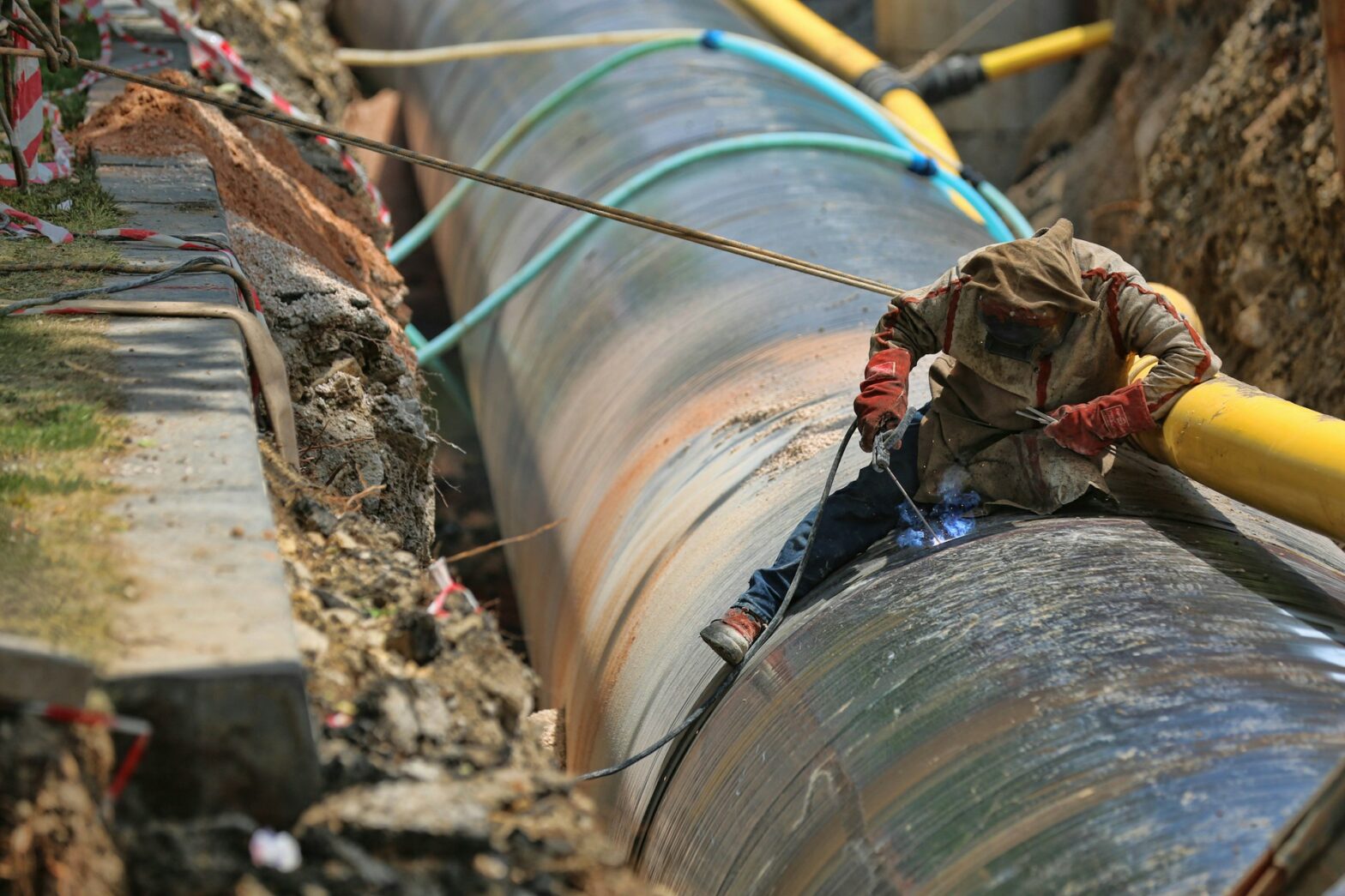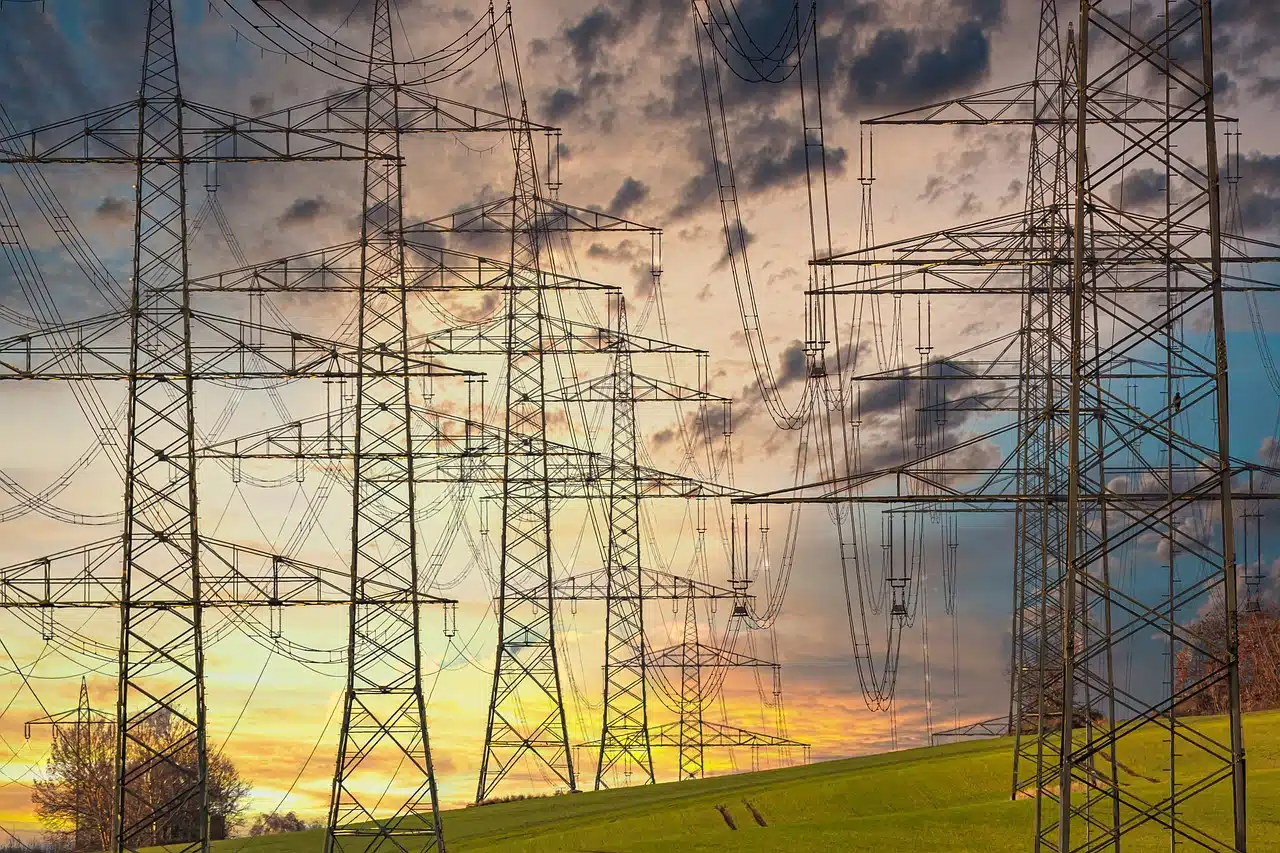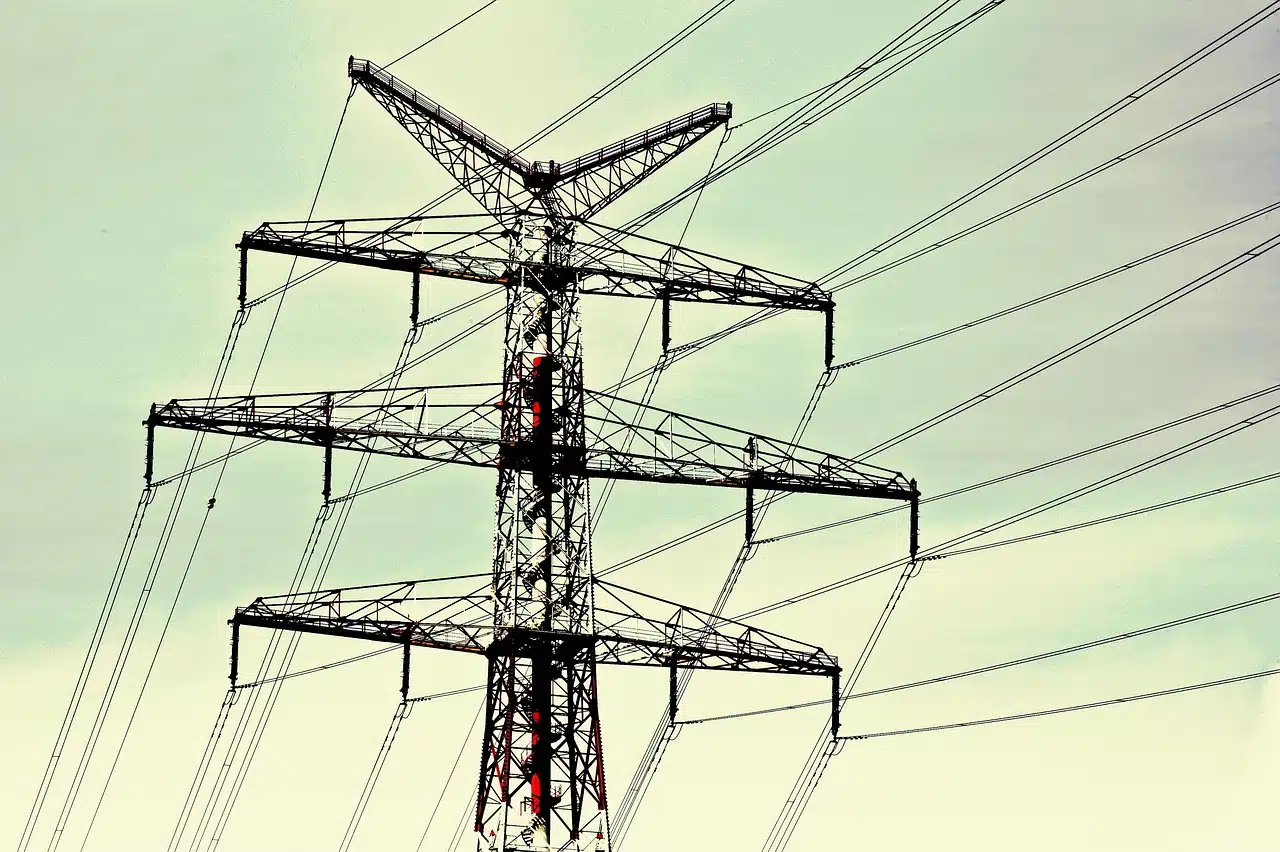Nigeria’s oil industry has long been the backbone of its economy, with the Niger Delta at the heart of extraction activities. Ogoniland, a region rich in oil reserves, has also endured decades of environmental degradation, social unrest, and economic marginalization.
Now, the prospect of restarting oil exploration in Ogoniland has reignited controversy.
After years of legal battles and ecological damage, the government is considering reviving drilling operations—sparking fresh debates on the economic benefits, environmental risks, and social consequences.
While some view it as a path to economic recovery, others fear it may be yet another chapter of exploitation. As stakeholders deliberate, one question remains: will this decision bring progress or deepen old wounds?
A flashback of a painful history
As the Nigerian government contemplates resuming oil production in Ogoniland to rejuvenate its struggling oil sector, it faces the formidable challenge of reconciling with a community deeply scarred by past injustices.
The discovery of oil in the Niger Delta in the late 1950s marked a turning point for Nigeria, promising economic prosperity and development.
However, for the indigenous communities of Ogoniland, this discovery heralded decades of environmental and socio-economic challenges.
Multinational oil corporations, most notably Royal Dutch Shell, commenced operations that led to significant environmental degradation.
Oil spills, gas flaring, and deforestation became rampant, contaminating water sources, destroying arable land, and leading to a loss of biodiversity.
A pivotal United Nations Environmental Programme (UNEP) report in 2011 highlighted that decades of oil operations had “penetrated further and deeper than many had supposed,” with some areas experiencing benzene contamination at levels 900 times above the World Health Organization’s guidelines.
The environmental devastation precipitated social and economic turmoil. Traditional livelihoods, predominantly fishing and farming, became untenable, leading to widespread poverty, unemployment, and a sense of disenfranchisement among the Ogoni people.
In response, the Movement for the Survival of the Ogoni People (MOSOP) was established in 1990, spearheaded by writer and activist Ken Saro-Wiwa.
MOSOP sought to address environmental concerns, demand economic justice, and advocate for political autonomy.
The Nigerian government’s reaction to MOSOP’s activism was marked by repression.
In 1995, Ken Saro-Wiwa and eight other Ogoni leaders were executed following a controversial trial, drawing international condemnation and leading to Nigeria’s suspension from the Commonwealth.
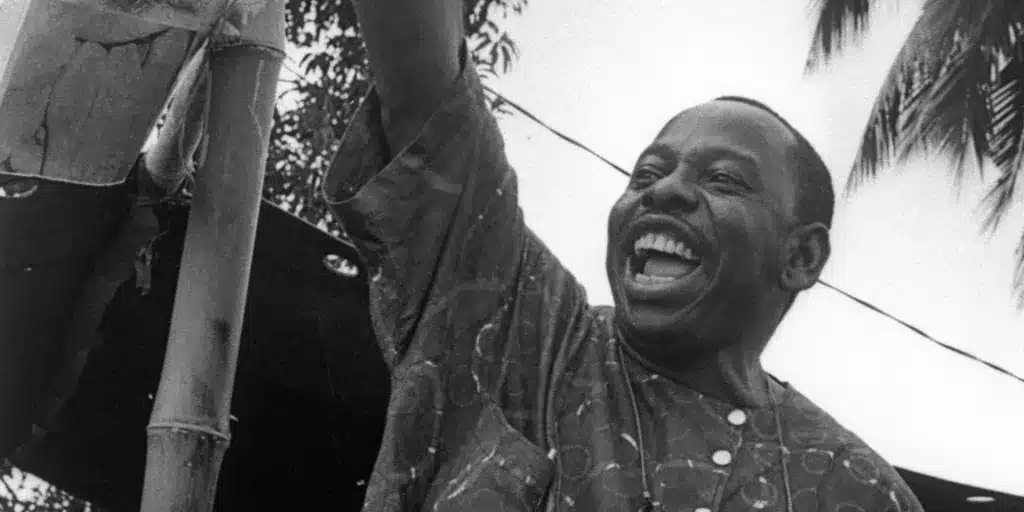
This period underscored the deep-seated tensions between the Ogoni community, the Nigerian state, and multinational oil corporations.
The ongoing legal battle in Ogoni land
Despite the cessation of oil production, legal battles have persisted over the region’s resources. The Ogoni people have continuously challenged oil firms and the Nigerian government over land rights, environmental remediation, and compensation.
In recent years, lawsuits have been filed in both Nigerian and foreign courts, seeking justice for decades of pollution.
The 2011 United Nations Environmental Programme (UNEP) report recommended a comprehensive clean-up of Ogoni land, yet implementation has been slow.
While some progress has been made through the Hydrocarbon Pollution Remediation Project (HYPREP), concerns remain over transparency, effectiveness, and government commitment to fulfilling the UNEP recommendations.
Nigeria’s persistent oil crisis
Nigeria’s oil sector has faced numerous challenges in recent years, marked by fluctuating production levels due to infrastructure failures, security concerns, and environmental issues.
As a major oil producer, Nigeria’s oil wealth has the potential to significantly boost the national economy, yet these persistent difficulties have hindered its ability to maximize the sector’s potential. Aging infrastructure, especially in the Niger Delta region, has played a central role in this crisis.
The infrastructure supporting Nigeria’s oil production is outdated. Many of the pipelines and facilities, which were installed during the early stages of oil exploration in the 1950s and 1960s, have far surpassed their expected lifespan.
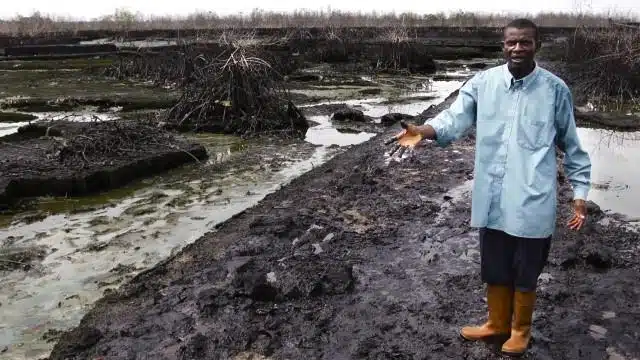
As a result, the pipelines are prone to leaks and damages, frequently disrupting oil production. The government’s attempts to address these issues have been hindered by insufficient investment, leading to a cycle of declining production levels and unmet targets.
Adding to the problem is the security situation, particularly in the Niger Delta, where much of Nigeria’s oil is extracted. Here, oil theft, pipeline vandalism, and militant attacks have resulted in substantial financial losses, with criminal groups targeting the country’s valuable oil infrastructure.
This has not only reduced production but has also made the region less attractive to foreign investors. The constant insecurity has destabilized the sector, undermining any efforts to maintain steady oil output.
The environmental consequences, especially in oil-rich areas like Ogoniland, have further compounded these challenges. Oil spills and gas flaring have severely damaged ecosystems, contaminating water sources and farmland.
The Ogoni people, who have long endured the environmental devastation caused by oil extraction, continue to suffer from the aftereffects of decades of pollution.
The slow pace of the Ogoni land cleanup project, which is expected to take over 30 years to complete, has also affected Nigeria’s oil production.
Why the government is eyeing drilling resumption in Ogoni
Amid Nigeria’s economic challenges, the government views the resumption of oil drilling in Ogoni as a strategic move to boost revenue. With dwindling production and external economic shocks straining the oil-dependent economy, officials argue that restarting operations will create jobs, attract investment, and revitalize local economies.
As part of efforts to revive the oil sector, President Bola Tinubu has signaled interest in resuming production in previously suspended areas, particularly Ogoniland, aiming to increase national output and stimulate growth.
However, the proposal has met resistance from local communities and environmental groups, who fear renewed ecological damage and socio-economic disruptions. The debate continues over whether this move represents progress or a repeat of past exploitation.
Over 20 organisations, including Environmental Rights Action/Friends of the Earth Nigeria and the Ogoni Solidarity Forum, have demanded that oil extraction plans be halted until comprehensive consultations are held with the Ogoni people and the environment is fully remediated.
To address the longstanding grievances of the Ogoni people and explore the resumption of oil activities, the Nigerian government has initiated several reconciliation efforts.
On January 21, 2025, President Tinubu convened a closed-door meeting with Ogoni leaders at the State House in Abuja.
The delegation, led by Rivers State Governor Siminalayi Fubara, engaged in discussions aimed at fostering mutual trust and collaboration.
The President emphasized the importance of unity, urging the Ogoni community to set aside historical grievances and work together toward peace, development, and environmental restoration.
He stated, “We must work together with mutual trust. Go back home, do more consultations, and embrace others.”

President Tinubu also directed the National Security Adviser, Nuhu Ribadu, to oversee inclusive consultations to ensure all stakeholders are involved in the decision-making process.
This meeting marks a renewed commitment by the federal government to engage with the Ogoni people, aiming to rectify past injustices and pave the way for sustainable development in the region.
What experts are saying
Meanwhile, Dakuku Peterside, a former Director General of the Nigerian Maritime Administration and Safety Agency (NIMASA) has faulted the plan to resume oil exploration in Ogoni land in Rivers State.
Peterside said certain contentious issues have to be addressed before oil exploration could resume in Ogoni land.
“If I must be sincere with you, it will be premature to resume oil exploration in Ogoni land. What I think and I think that is the part the government has also chosen is to do further consultations, build trust and show genuine commitment to real environmental governance,” Peterside said.
“The challenge all along has been the opaque nature of oil exploration not just in Ogoni land but in the entire Niger Delta.
“And the fact that the way benefits derivable from oil exploration is distributed to the exclusion of the people of Niger Delta is a big question mark. And until we address that in a transparent manner then we will not make much progress.”
On his part, Celestine Akpobari, an Ogoni-born human and renowned environmental rights defender, has also faulted the resumption in oil exploration in Ogoniland
Akpobari explained that to restart oil extraction without adequately addressing the environmental devastation and social injustices inflicted upon the Ogoni people would be both unethical and counterproductive.
He voiced disappointment over the limited consultation with Ogoni stakeholders on important issues affecting the region.
Responding to reports that major Ogoni stakeholders were not adequately represented in recent meetings, Akpobari disagreed with the Rivers State governor’s claim that participants were “carefully selected.”
“I disagree with the governor who said that the people were carefully selected,” Akpobari said.
“Ogoni is a very large area with too many people, so we don’t expect over 1.5 million people to be in the villa.
“If it was the case of Ken, when meetings like this took place, he would have communicated with all the kingdoms of Ogoni and agreed with them on what to do.”
He expressed frustration over the state of infrastructure in the region, particularly the poor road conditions.
“A journey of 45 minutes from Port Harcourt to Ogoni now takes more than six hours. People have died, and a lot of things have happened. The government of Nigeria has raped the Ogoni people severally without a condom; they have lied to us severally,” he said.
The way forward
For oil exploration to resume successfully in Ogoni land, several critical steps must be taken.
First, the government must complete the clean-up of polluted areas as recommended by the UNEP report. Transparency and accountability in managing the region’s resources should be prioritized, ensuring that local communities benefit directly from oil revenues.
Establishing clear agreements between oil firms, the government, and Ogoni leaders can help prevent conflicts and ensure sustainable development.
Additionally, diversifying Nigeria’s economy away from heavy dependence on oil will reduce the pressure to exploit regions with a history of environmental and social tensions.
Only with a balanced approach can the government rebuild trust and foster sustainable development in Ogoni land.

